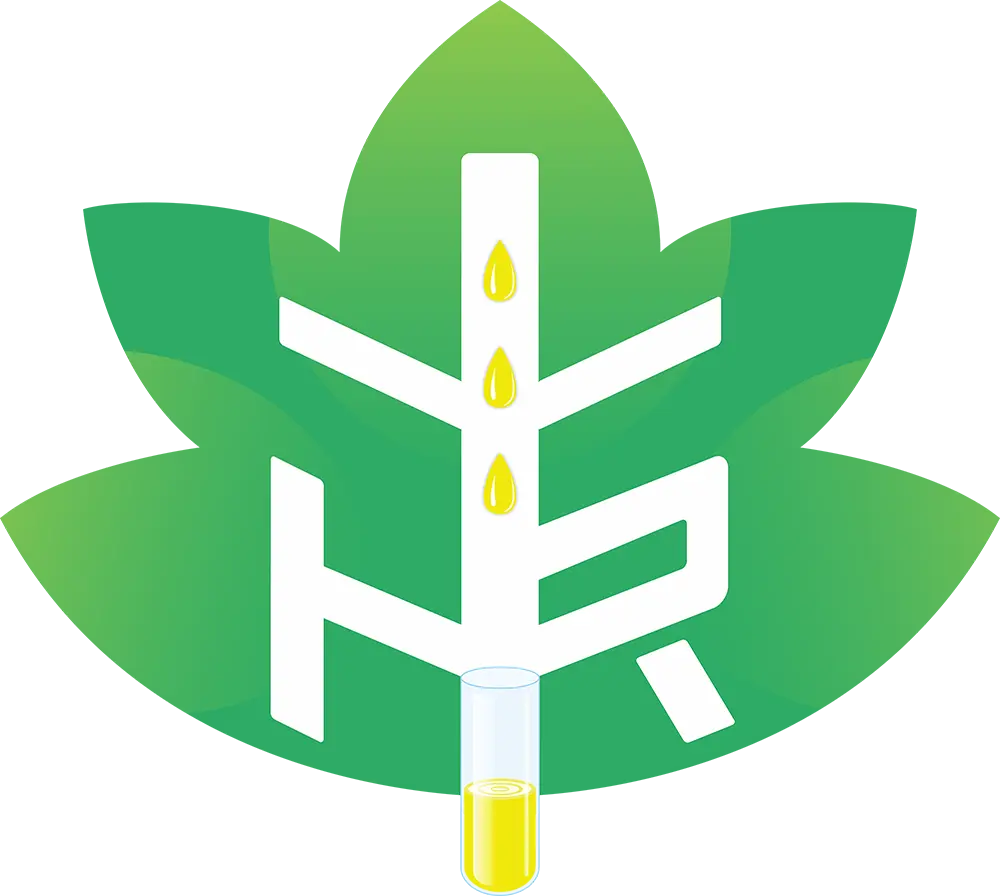Since 2015, the Ministry of Agriculture promulgated the “Action Plan for Zero Growth in Pesticide Use by 2020″, my country’s pesticide industry has entered a stage of rapid transformation, and green pesticides, environmentally friendly formulations, high efficiency, low toxicity, and low residue new pesticides have embarked on the development fast lane. As an excellent pesticide adjuvant, orange oil has strong penetration and expansibility, allowing conventional pesticides to penetrate and absorb quickly, reducing the loss of liquid medicine in rainy days, and improving the effect of pesticide control.
Orange oil is a natural orange peel extract, derived from nature, without any residual risk, and has unique advantages of being safe to the ecological environment and has obtained multi-national organic certification. The main mode of action of orange oil is contact killing. It penetrates the epidermal cells of pests by physical means to dissolve the waxy layer of pests. . No cross-resistance with conventional chemical pesticides. At the same time, as a natural plant essential oil, orange oil can promote crop leaf respiration and photosynthesis, and promote crop growth. This product can not only be used as an adjuvant, but also can be used alone as a pesticide. It has a good control effect on various diseases and insect pests, a wider range of applications, and more obvious economic benefits。
1. Because its limonene can dissolve the waxy layer on the surface of pests, insects that lack the water-retaining effect of the waxy layer will quickly and naturally dehydrate and die.
2. Dissolve the phospholipid layer of the spores of the bacteria, and the cell fluid of the spores of the bacteria without the protection of the phospholipid layer cell membrane will be lost naturally and dry to death.
3. As a pesticide adjuvant, the strong penetration and expansibility of limonene can be used to quickly penetrate and absorb conventional pesticides, reduce the loss of liquid medicine in rainy days, and improve the control effect.
At high concentrations, it is not an insecticide or fungicide, but it can kill bacteria, miticides, and insects, and it is natural and safe; at low concentrations, it is used as a pesticide adjuvant with excellent permeability, spreadability, Occlusive and wax-melting, can be mixed with herbicides, insecticides, acaricides, high-quality foliar fertilizers and plant growth regulators.
Post time: May-18-2023




